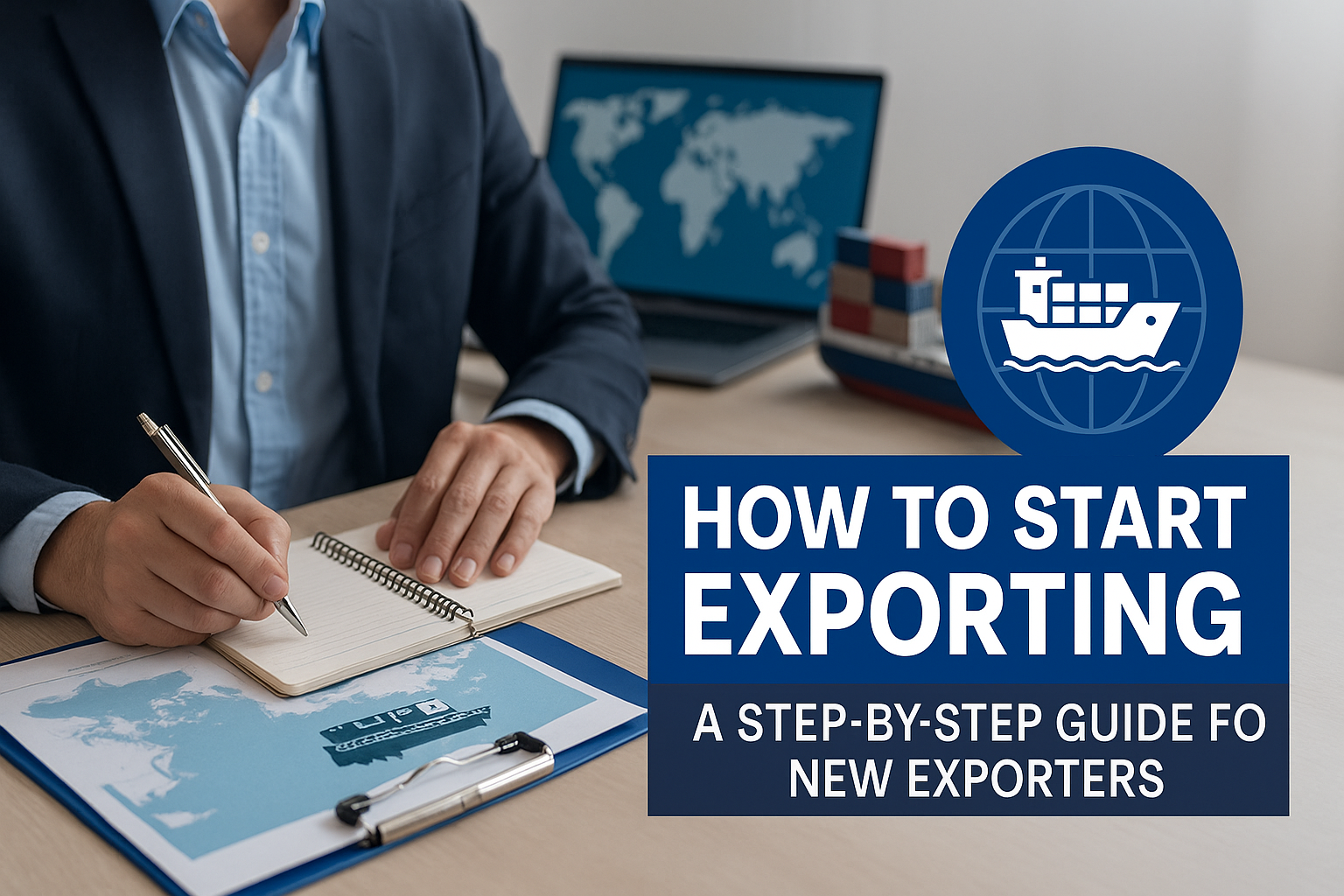📝 Introduction
Expanding into international markets can be a game-changer for your business — but the export process can feel overwhelming at first.
This guide breaks down the essential steps you need to follow to start exporting effectively and confidently.
🚀 Step 1: Assess Export Readiness
Before diving into the export process, assess whether your business and product are ready for international markets.
Checklist:
- Stable domestic operations
- Scalable production capacity
- Export-suitable product
- Clear business goals
🌍 Step 2: Identify Target Markets
Research and select markets that offer strong demand, low barriers to entry, and cultural fit for your product.
Tools to help:
- Trade data platforms (ITC, Trademap)
- Industry reports
- Market entry guides
📋 Step 3: Understand Legal & Regulatory Requirements
Each market has unique import regulations. Make sure you understand:
- Required certifications
- Product safety standards
- Labeling and language rules
- Packaging guidelines
🧾 Step 4: Prepare Export Documentation
Proper documentation ensures smooth customs clearance.
Key export documents:
- Commercial Invoice
- Packing List
- Certificate of Origin
- Export License (if needed)
- Incoterms agreement
💼 Step 5: Choose the Right Incoterms
Incoterms define the responsibilities between buyer and seller in international shipping.
Popular options: FOB, EXW, CIF, and DAP
Make sure you understand:
- Who handles shipping and insurance
- When ownership is transferred
- Who pays customs and taxes
🚚 Step 6: Plan Logistics & Shipping
Work with a reliable freight forwarder to:
- Book transport (air, sea, land)
- Handle export declarations
- Coordinate timelines and cold chain (if needed)
💰 Step 7: Price Your Product Competitively
International pricing should include:
- Production + packaging costs
- Shipping and documentation
- Duties, tariffs, and taxes
- Margin and market position
Be sure to compare with local competitors in the destination market.
📣 Bonus Tip: Promote Your Product Internationally
Use a mix of:
- B2B platforms (like Alibaba, Global Sources)
- Trade shows and buyer missions
- Social media & export directories
- Distributors and agents
🎯 Conclusion
Exporting is not just about shipping a product — it’s about building sustainable access to new markets.
By following these steps, you’ll reduce risk, improve efficiency, and grow with confidence in the global marketplace.
👉 Need expert guidance? Parsatis Pasha can support you at every step — from planning to delivery.
📩 [Get Your Free Export Consultation]



No comment